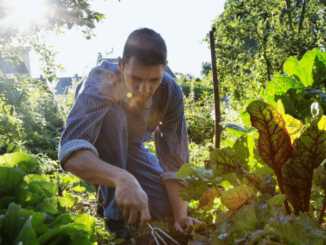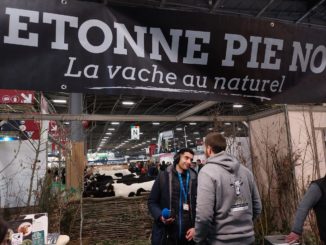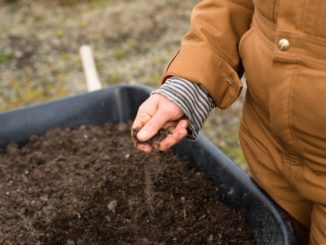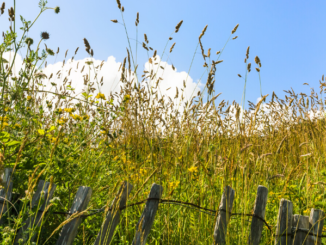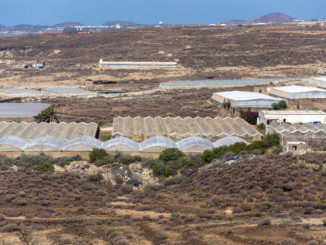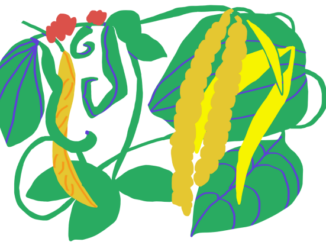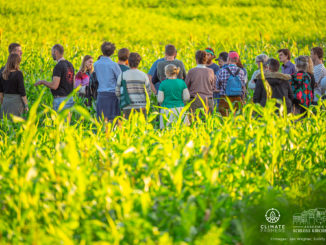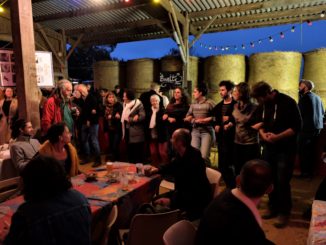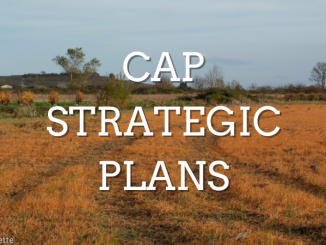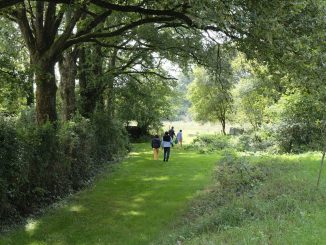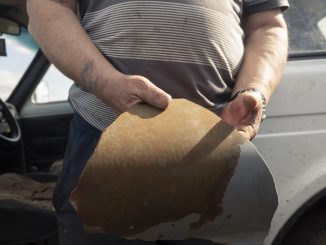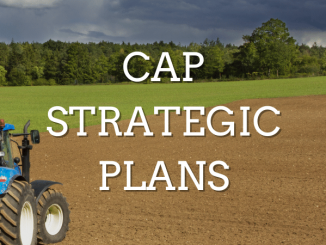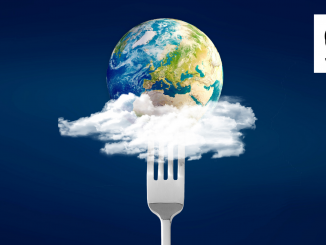
A primer – New Genomic Techniques and Sustainability
For the past years there has been a huge debate on the introduction of New Genomic Techniques (NGTs) also known as new GMOs in the agricultural sector. The terms “sustainability” and “sustainable agriculture” have been focal points which arguments on both sides are drawn from, albeit with different premises and argumentation. As the next step in New Genomic Techniques legislation is being shaped in the EU, proponents for the use of NGTs and opponents continue to emphasise their views. Here’s an introduction to the issue in the broadest of terms – a primer – from new contributor to ARC Thea Lyngseth. […]

